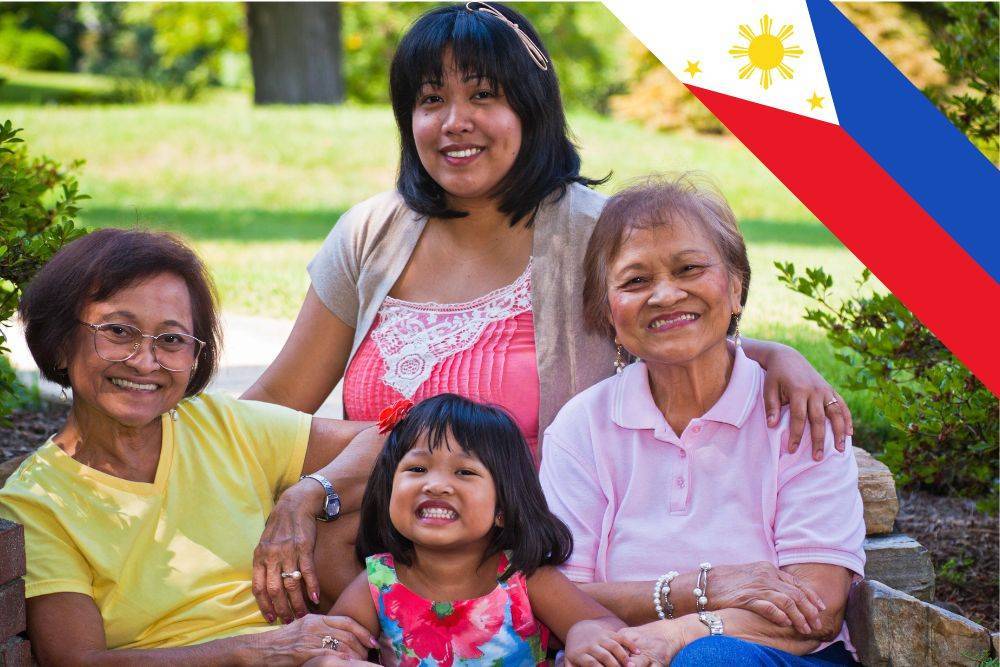The ageing population in the Philippines faces significant challenges in accessing adequate health care.
This was revealed by the inaugural policy report launched by the Asian Development Bank (ADB). Despite the Universal Healthcare (UHC) Law, older Filipinos, particularly those from poorer backgrounds, continue to experience unequal access to health services. High out-of-pocket expenses and limited resources worsen these issues, highlighting the urgent need for expanded government services to support this vulnerable sector.
Developing Economies Unprepared for Aging Populations
The ADB’s report underscores that many developing economies, including the Philippines, are ill-prepared to ensure the well-being of their ageing populations. Key challenges include low pension coverage, health problems, and restricted access to essential services. Aiko Kikkawa, ADB senior economist and the report’s principal author, pointed out that many Filipinos still incur significant out-of-pocket expenses even with existing health coverage. With these conditions, they often opt for private health services due to inefficiencies in the public system.
Low Health Coverage for Poor Older Filipinos
In the Philippines, poor older people remain undercovered despite the UHC Law. Data indicates that 47 percent of the poorest quintile are uninsured, reflecting a significant gap in health coverage. Kikkawa noted that while some are enrolled in health programs, many do not utilise these services due to complex processes and a lack of awareness. The diverse health needs of older individuals make this disparity even more concerning.
Barriers to Preventive Care
There are several barriers to preventive care for the elderly in the Philippines. These include:
Financial Constraints: Many older Filipinos live on limited incomes, making it difficult to afford regular medical visits, even with the UHC Law in place.
Lack of Awareness: There is a widespread lack of awareness about the importance of regular health check-ups. Many elderly people do not understand how preventive care can help manage and prevent chronic diseases.
Accessibility Issues: Geographic and transportation barriers also play a role. Many elderly people live in rural areas with limited access to healthcare facilities.
Social and Cultural Norms: Traditional beliefs and social norms often deter older individuals from seeking medical care. There is a prevalent mindset that enduring pain or illness is a part of ageing, rather than something that can be managed or treated.
Comparative Analysis with Neighboring Countries
Neighbouring countries such as South Korea and Thailand have achieved full universal health coverage. Moreover, Indonesia and Vietnam have better coverage rates than the Philippines. This contrast emphasises the need for the Philippines to enhance its healthcare system and make it more accessible, particularly for older adults.
Encouraging Preventive Health Care for the Elderly
Kikkawa highlighted the importance of encouraging older Filipinos to visit hospitals regularly. 60 percent of those aged 60 and above do not attend regular health check-ups. Cultural factors, where older people prioritise the health of others over their own, contribute to this issue. Increasing awareness and promoting preventive health care can significantly improve outcomes for older individuals and their families.
The Growing Ageing Population in Asia and the Pacific
The ADB report projects that the number of people aged 60 and older in developing Asia and the Pacific will nearly double by 2050, reaching 1.2 billion. This demographic shift underscores the need for comprehensive pension and welfare programs, alongside improved health care services. Currently, 57 percent of older adults in the region have at least one diagnosed non-communicable disease, and many work in the informal sector without adequate pension coverage.
Policy Recommendations for Healthy Ageing
ADB chief economist Albert Park emphasised the importance of preparing for the ageing population. Policies should focus on lifetime investment in health, education, skills, and financial preparedness for retirement. The ADB recommends measures such as government-assisted health insurance and pension plans to support healthy and economically secure ageing. In addition to this, improved health infrastructure, and free annual check-ups and lifestyle evaluations are also suggested.
Have a pressing question for a doctor? Medical Channel Asia has launched a community forum page where you can get questions answered by a medical specialist. Visit the community forum here.

